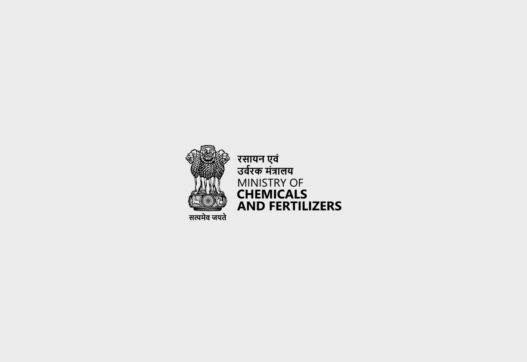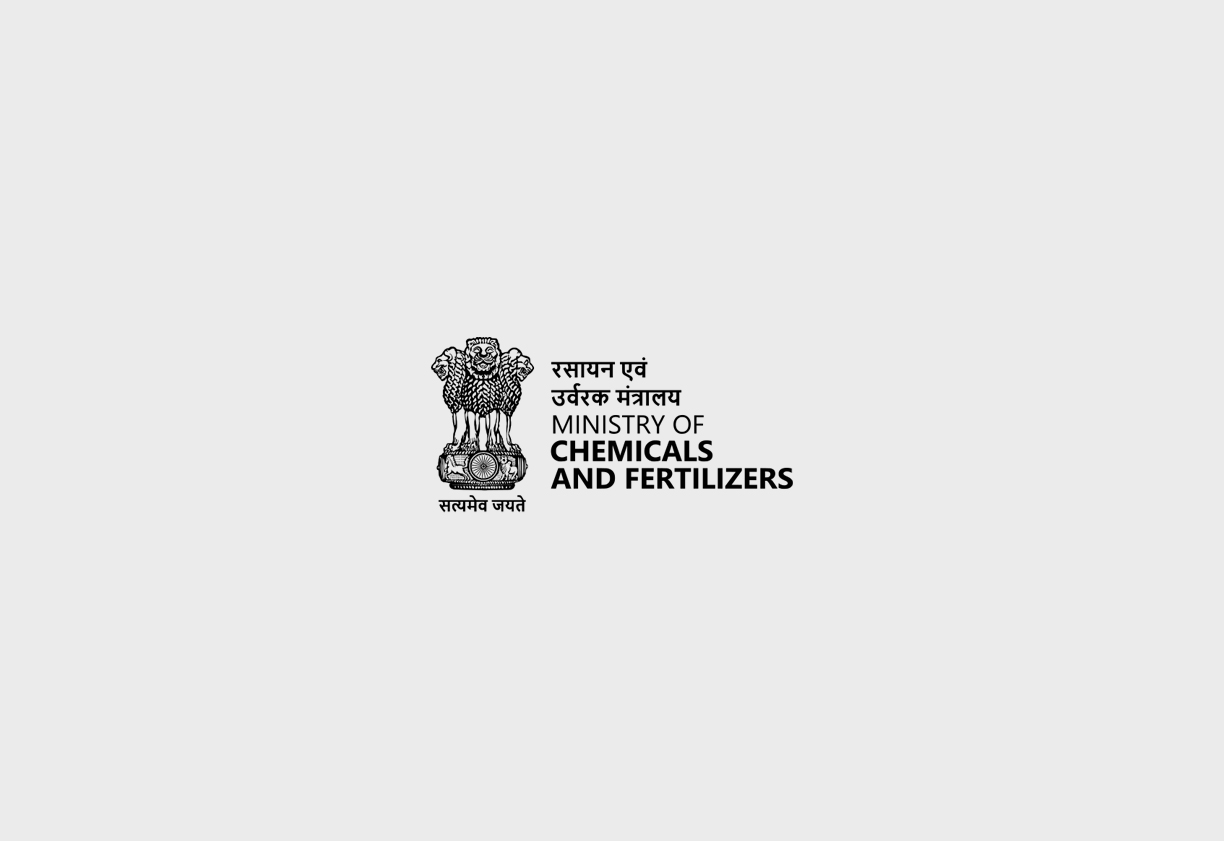Ministry of Chemicals and Fertilisers
The Chemical Weapons Convention Act, 2000, is a pivotal law enacted by the Indian Parliament to implement the Convention on the Prohibition of the Development, Production, Stockpiling and Use of Chemical Weapons and on their Destruction. This Act seeks to ensure that India fulfills its obligations under the Convention by establishing a robust framework for regulating and monitoring chemical weapons and related activities within the country. It also establishes measures for the destruction of such weapons and promotes international cooperation in this area.
1: Act Background and Ministry
The Chemical Weapons Convention Act, 2000, was enacted to give effect to India’s commitment to the Chemical Weapons Convention, which aims to eliminate chemical weapons globally. The Act establishes a National Authority to oversee compliance with the Convention and to ensure that chemical weapons and related substances are not used for prohibited purposes. The Ministry of Chemicals and Fertilizers is the nodal ministry overseeing this Act, reflecting its responsibility in regulating chemical substances and ensuring compliance with international conventions. The Ministry plays a crucial role in formulating policies, implementing the act, and coordinating with international organizations.
2: Enactment Date, Number of Chapters, and Sections:
The Act was enacted on August 26, 2000, and is officially known as Act No. 34 of 2000.
-
The Act is structured into seven chapters that cover various aspects of the Convention and its implementation.
-
It includes a Schedule that lists the provisions of the Convention that have the force of law in India.
-
The Act contains 56 sections, along with a schedule, which outline the definitions, powers, and functions of the National Authority, along with guidelines for registration, penalties, and other miscellaneous matters.
3: Act Governed By:
The Act is primarily governed by:
-
The National Authority: Established under Section 6, this body is responsible for implementing the provisions of the Act and ensuring compliance with the Convention.
-
The Central Government: The Central Government has significant powers under the Act, including the power to represent claimants, deny requests for inspections, and delegate its powers.
-
Enforcement Officers: Appointed by the Central and State Governments, these officers are responsible for enforcing the provisions of the Act.
4: On Whom It Is Applicable:
The Act applies to:
-
All citizens of India, whether residing within or outside India.
-
Associates, branches, and subsidiaries of companies registered or incorporated in India, even if located outside India.
-
Any person or entity involved in the production, processing, acquisition, transfer, import, export, or use of toxic chemicals and precursors.
-
Any person or entity involved in the handling or storage of chemical weapons.
-
All enforcement officers and authorities under the Act.
5: Penalties/Punishments:
The Act includes provisions for penalties and punishments to ensure compliance:
-
Failure to register as a producer, processor, acquirer, etc., of toxic chemicals can lead to a fine of up to one lakh rupees, and imprisonment up to three years, or both.
-
Contravention of provisions related to chemical weapons or riot control agents can result in imprisonment for a term which may extend to term of life and a fine of up to one lakh rupees.
-
Violations related to the transfer, export, or import of toxic chemicals can lead to imprisonment and fines up to one lakh rupees.
-
Disclosure of confidential information can result in imprisonment and fines up to one lakh rupees.
-
Failure to furnish information or declarations can lead to fines and imprisonment.
-
The Act includes provisions for offences by companies, with liability extending to those responsible for the conduct of the company.
6: Important Pointers:
-
The Act defines “chemical weapons” and “toxic chemicals” broadly to include various substances and related equipment.
-
It establishes a National Authority to oversee the implementation of the Convention.
-
The Act prohibits the development, production, stockpiling, or use of chemical weapons.
-
It regulates the production, transfer, import, and export of toxic chemicals and precursors.
-
The Act mandates the registration of persons engaged in the handling of toxic chemicals.
-
It empowers authorities to conduct inspections, searches, seizures, and arrests to enforce the Act.
-
The Act provides for penalties and punishments for non-compliance.
-
It emphasizes the importance of international cooperation and information sharing.
-
The Act includes provisions for the destruction of chemical weapons and related facilities.
-
It provides for the protection of confidential information.
-
The Act outlines measures for transparency and verification to ensure compliance.
7: Download Act Copy



